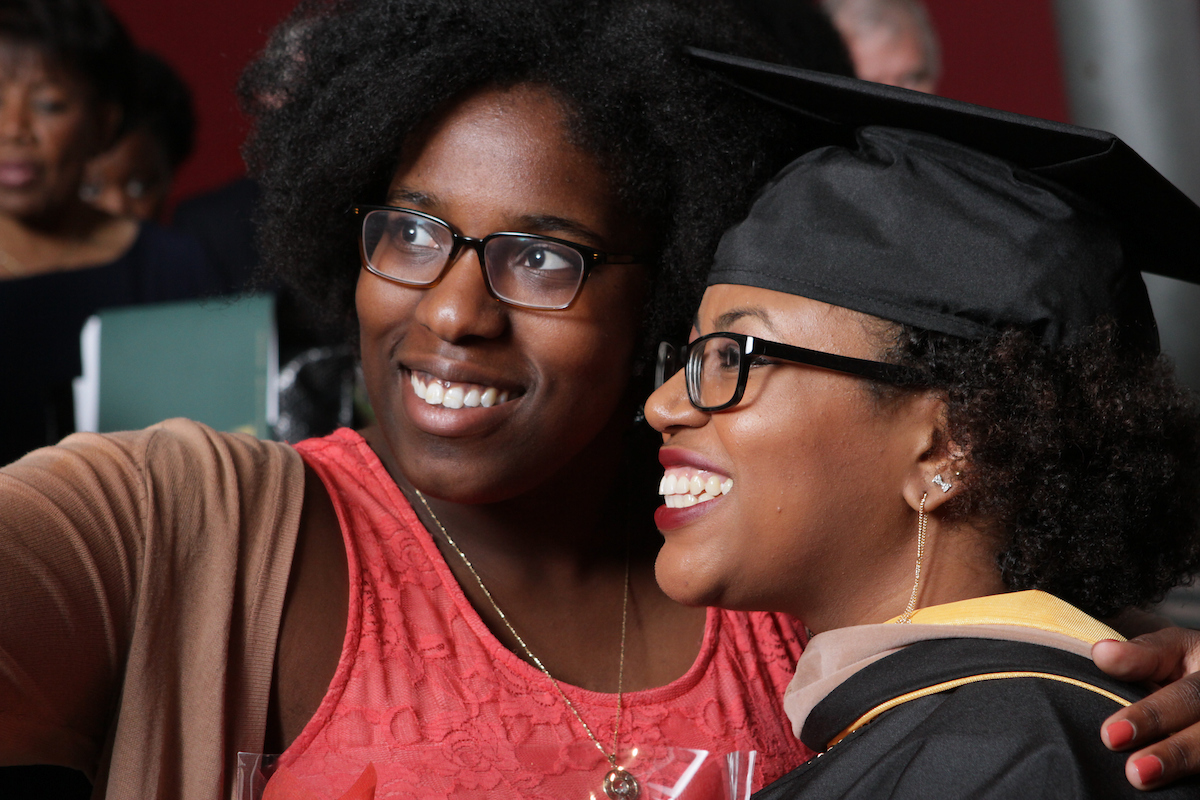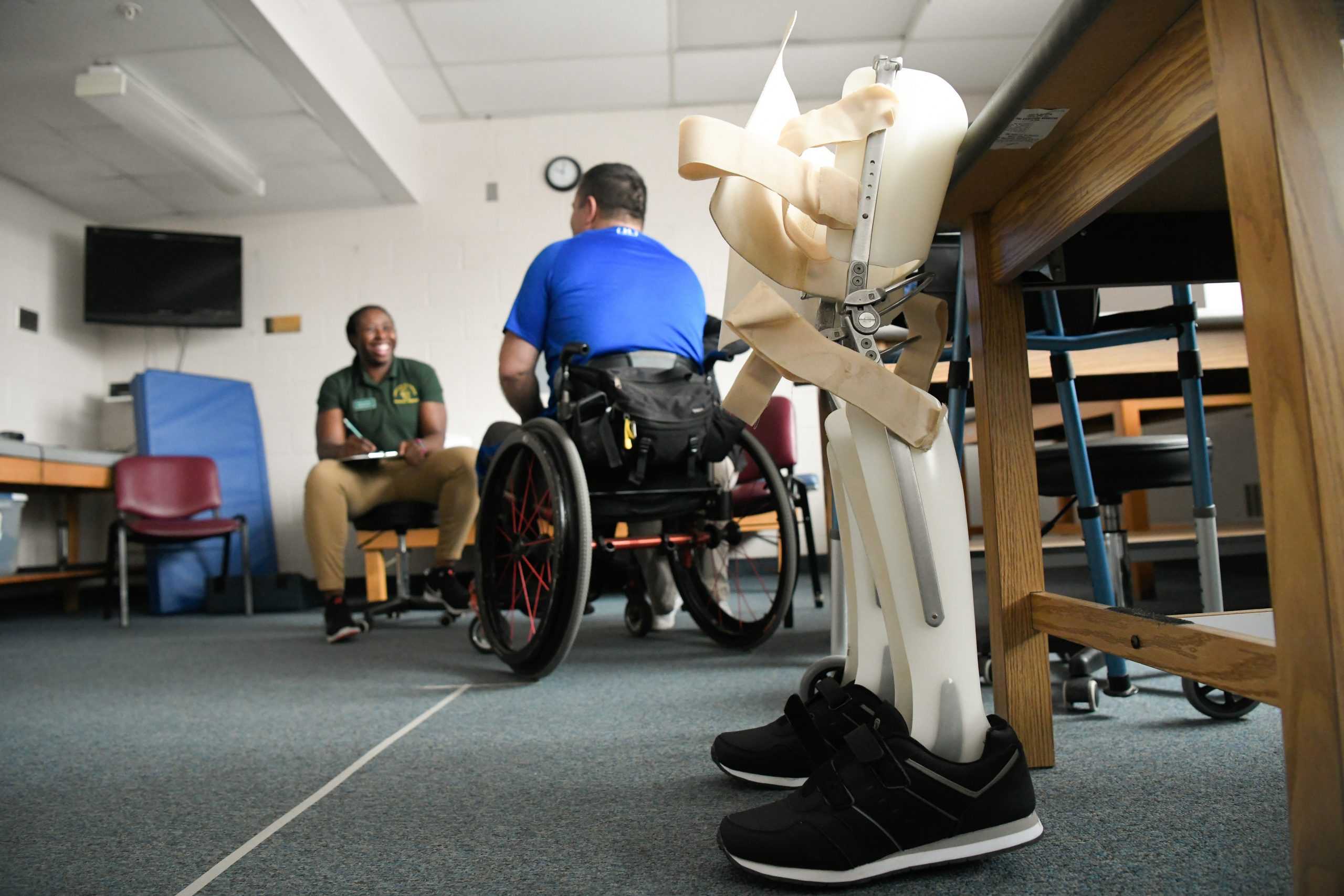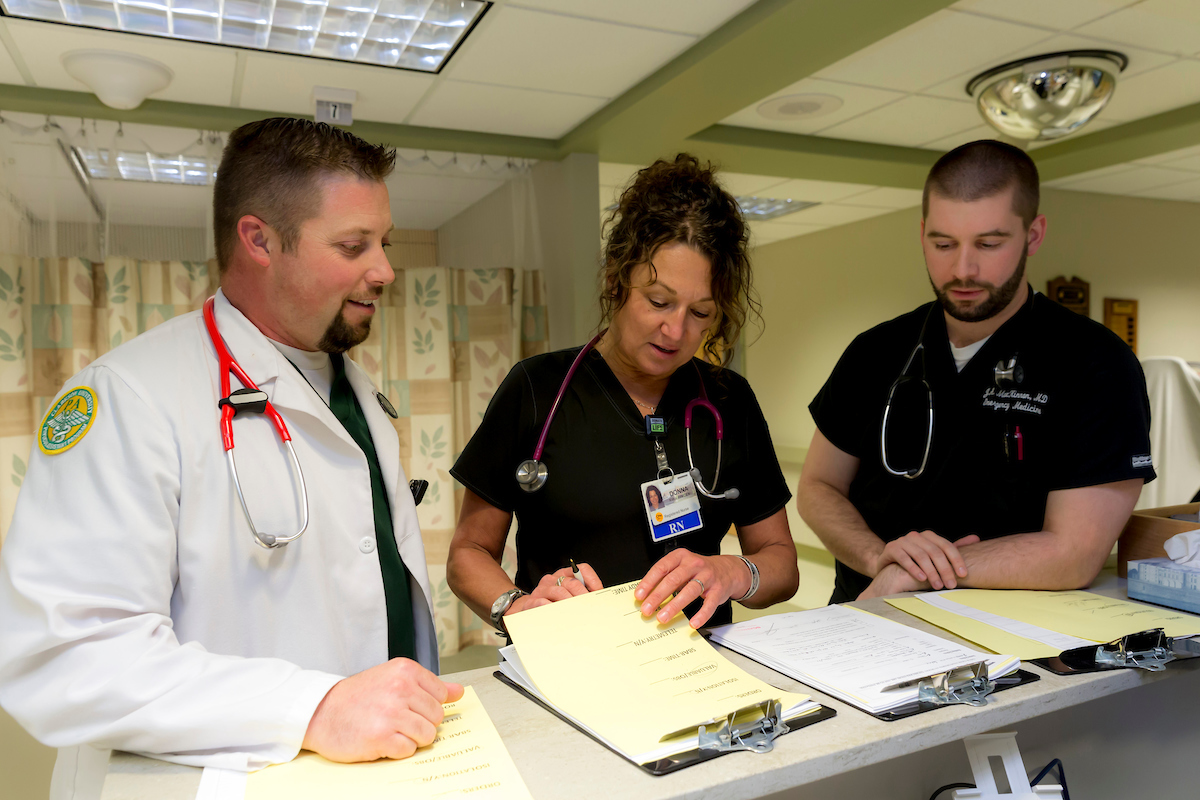Even if you’re pretty sure about attending grad school, you might be uncertain about the best time to begin.
Should you start right after you earn your undergraduate degree? Or should you wait until you have some full-time work experience?
As is often the case, there’s no right (or wrong) answer. Instead, your decision will depend on a combination of factors, including your field of study and your personal and financial situation.
Here are six questions to consider:
Is a graduate degree required for your chosen field? If that’s the case, it may be smart to move forward with your education immediately. You’re already in “study mode,” so it’s mostly a matter of keeping the momentum. Plus, you’ll have your graduate degree under your belt before you have family and other commitments.
What is your motivation? Grad school can be a great place to pursue your passion, increase your knowledge and expertise in a particular field of study, or help boost your earning power. What you don’t want is to choose grad school because, after more than 20 years as a student, you want to delay the discomfort of leaving school or the stress of finding a job. You will learn a lot by facing and overcoming those challenges—and then you can choose grad school for the right reasons.
Have you decided on a career? Grad school makes the most sense when you have a specific career or goals in mind. Under those circumstances, an advanced degree is an investment in your future. If you’re not sure what to study, though, pursuing a master’s can become an expensive experiment.
Are you raring to go, or do you need a break from school? After four years of full-time study, some students need time to recharge. Others want to move full speed ahead. Either way is fine—just choose the one that’s better for you.
Would you get more from the grad school experience after working in your field? Some graduate programs expect students to tap and share real-world experiences that are relevant to the course work. While less experienced students are welcome, you may benefit more if you come to a program with an understanding of how to apply what you’re learning in class.
Can you afford it? If you already have student loan debt, you may need to work for a while to improve your financial situation. Some organizations offer tuition benefits to full-time employees, so that’s something to keep in mind. It’s also a good idea to ask about financial aid options at the schools where you’re applying. (Clarkson automatically considers all graduate applicants for merit-based scholarships as part of the application process.)
If you’re still not sure you’re ready for grad school, why not test the waters by taking a course or two? And, if you’re confident that a graduate degree will eventually be in your future, consider taking the GMAT or GRE while you’re still in school and your test-taking skills are sharp. Results are valid for five years, so you can always use them to apply later. If your scores are higher than you expected—and might result in more scholarship offers—that could help with your decision.
Remember, no matter when you enroll, you’ll have plenty of options that will meet your needs and schedule.
Explore Clarkson’s programs so you know your options: full and part time, on campus, online, and hybrid. Reach out to Graduate Admissions about scholarships and other opportunities that might affect your decision.





